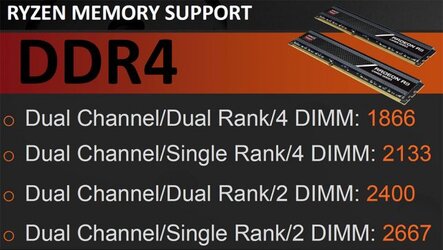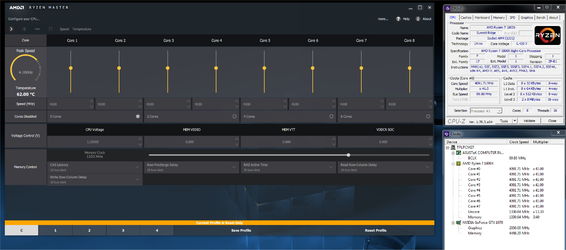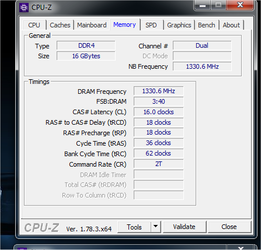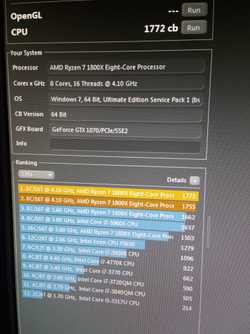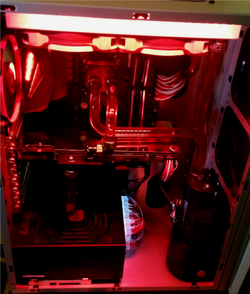I have Gigabyte AB350 Gaming 3 since friday and I see it's stable. No issues after OC except you can't count on much more than 1.4V on CPU or vrm will overheat. At 1.35V 3.9-3.95GHz works fine and temps are quite low. There are limited settings in BIOS but I had no issues pushing it above 4.1GHz for tests and BIOS didn't die even though PC was crashing many times. Memory is working without issues at 3200. XMP from 3466 kit works as 3200 and it's stable. XMP from 3200 kit is working as it should at 3200. That's Crucial and G.Skill memory kits.
ASUS X370-Pro has no issues with my memory kits. Both could run at 3200 CL13-13-13. Because of no bclk adjustment couldn't go higher. So far Gigabyte B350 runs better than ASUS X370. I hope there will be improved BIOS for ASUS when I get the replacement.
I can only tell you that seeing how memory works on Ryzen I recommend Samsung single rank 2x8GB kits like Trident Z at tighter timings. These kits should let you run at 3200 and tight timings. Dual rank kits won't overclock so good but I had no chance to check where are the limits. In AMD specs it's clearly said that single rank runs higher. I have no free dual rank kits to check it right now. I also don't know if dual rank offers higher performance on this platform. If anyone has results then please share.
ASUS X370-Pro has no issues with my memory kits. Both could run at 3200 CL13-13-13. Because of no bclk adjustment couldn't go higher. So far Gigabyte B350 runs better than ASUS X370. I hope there will be improved BIOS for ASUS when I get the replacement.
I can only tell you that seeing how memory works on Ryzen I recommend Samsung single rank 2x8GB kits like Trident Z at tighter timings. These kits should let you run at 3200 and tight timings. Dual rank kits won't overclock so good but I had no chance to check where are the limits. In AMD specs it's clearly said that single rank runs higher. I have no free dual rank kits to check it right now. I also don't know if dual rank offers higher performance on this platform. If anyone has results then please share.
